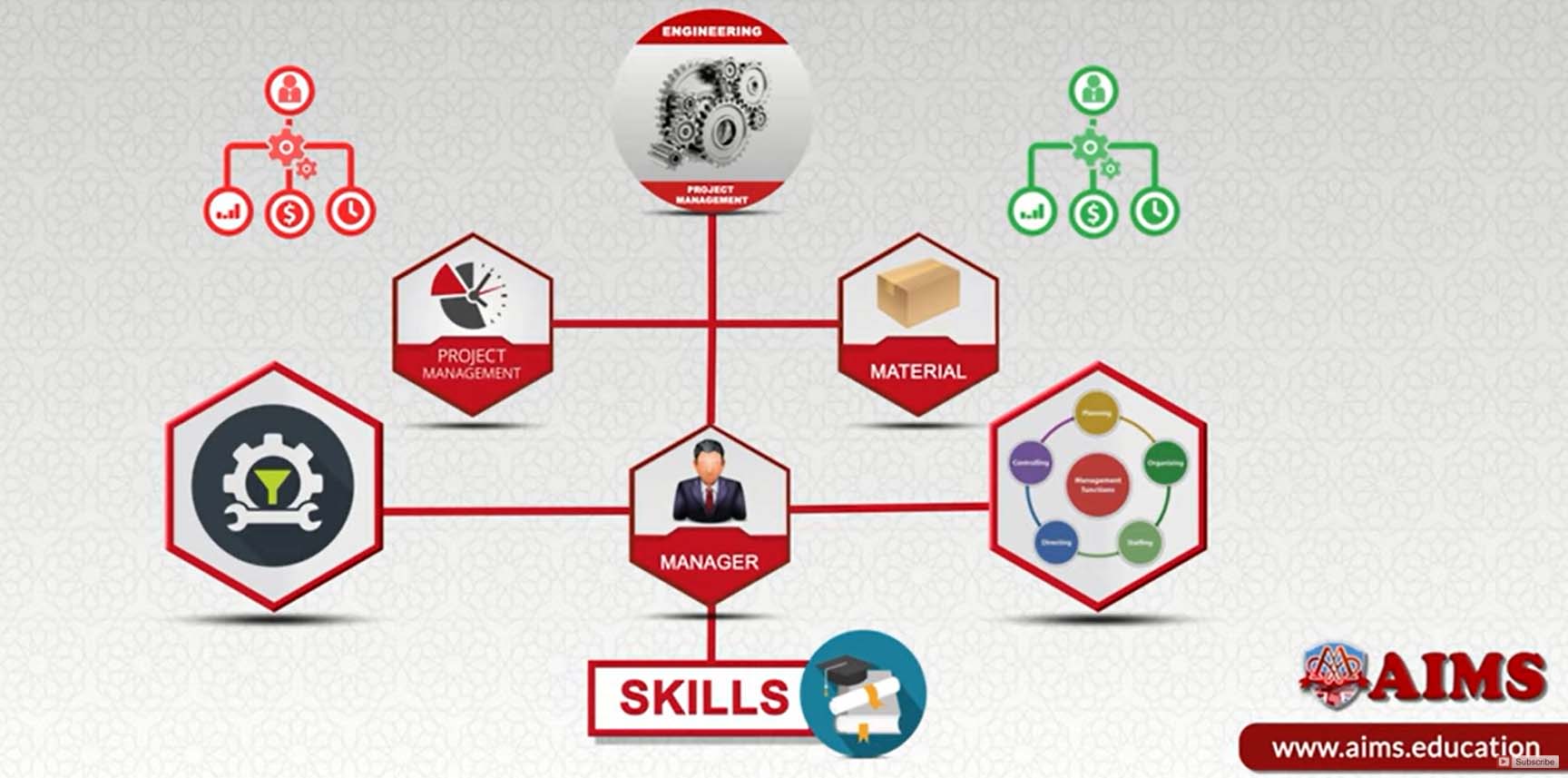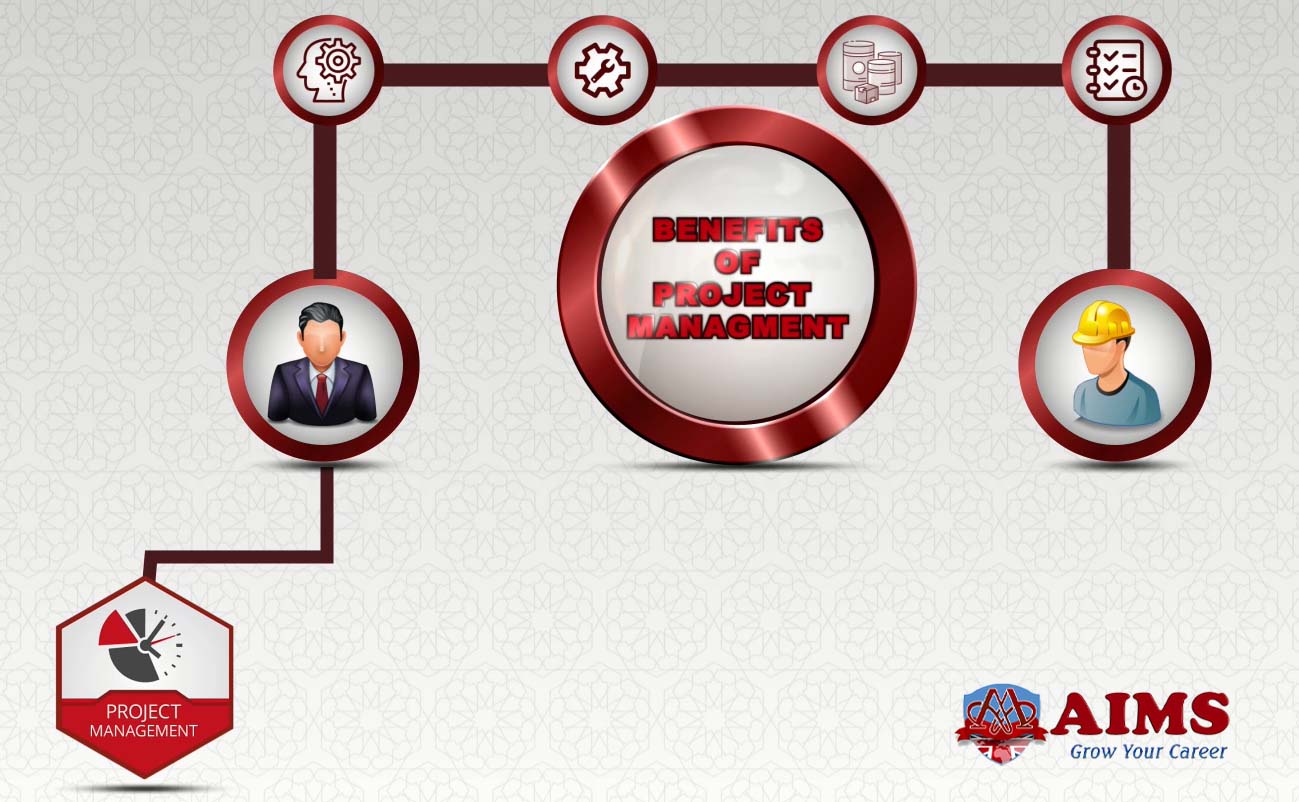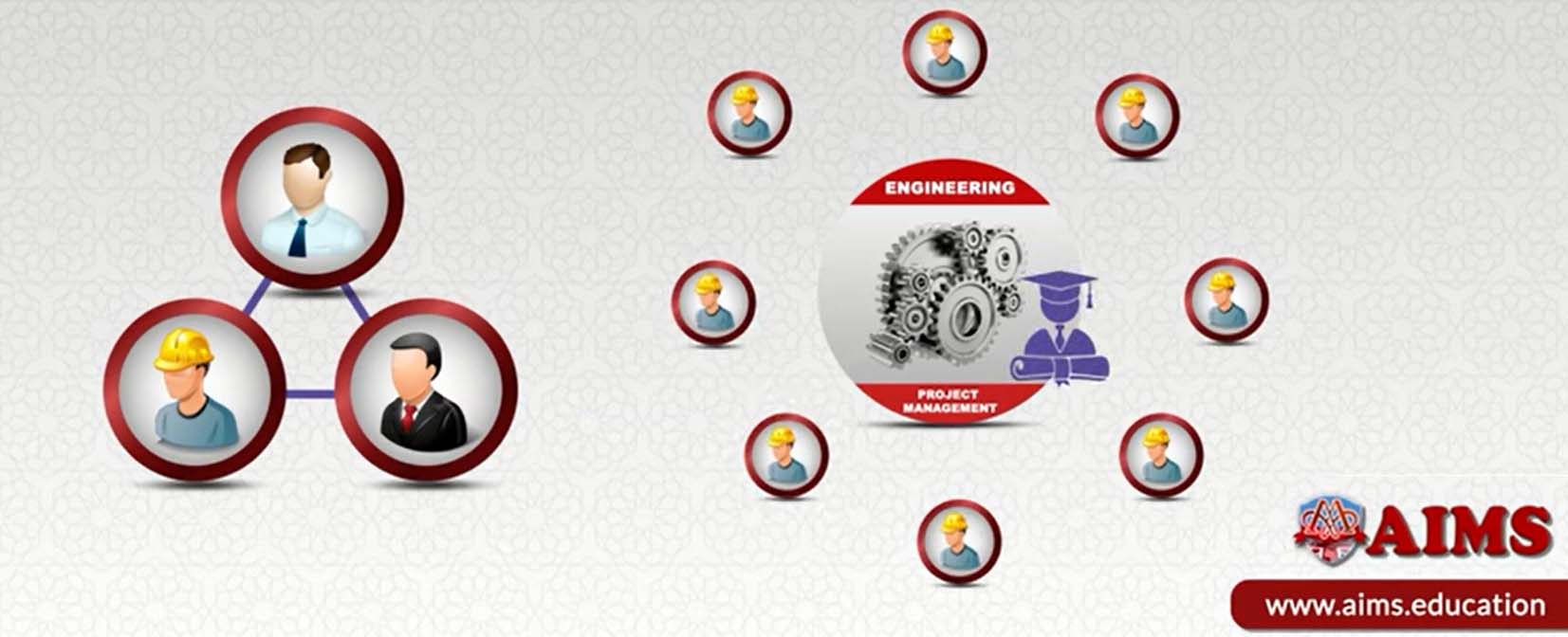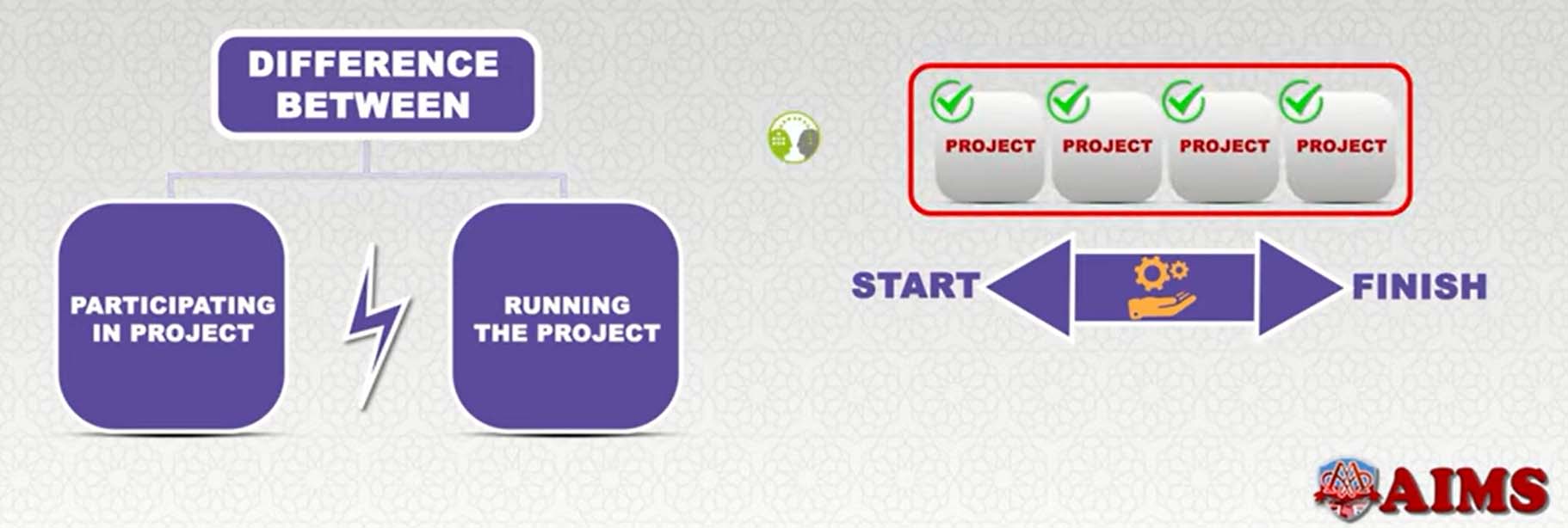What is Engineering Project Management?
Engineering project management refers to the management of the overall projects, related to the engineering field. The study of project management for engineers focuses on the basic principles of how complex are handled in engineering projects, which may include the management of the relationship with the client, vendors, and partners, to ensure that the project is completed on time, within budget, and to the satisfaction of all stakeholders. It also includes tasks such as planning and scheduling, resource allocation, risk management, and quality control. This field is focused on two core areas: Engineering, and, Project Management.
Why Project Management for Engineers is Important?
This is more than just understanding a project or the materials that it needs for completion, it also involves the human element, which is part of the managerial process. From small to large projects, the ability to understand the technical aspects, managerial functions, and skills for engineering are paramount to achieving the degree and advancing in terms of your career.
Example
Building a road requires the work of drafters, civil engineers, and soil specialists, to ensure that the job is completed properly. The project manager, or incase of bigger projects, the program manager oversees the different people, engineering expertise is required to ensure that it all runs smoothly.
How to Become an Engineering Project Manager?
Of the many available careers, one of the most interesting for engineering project managers is an MBA in project management for engineers. This qualification allows students to learn the basic principles of how complex engineering project management is handled. It includes the study of Project Management, Project Management Organizational Structures, Project Management Methods & Frameworks, etc.

Engineering Project Management VS Engineering Management
Engineering project management and engineering management are distinct but complementary disciplines that play critical roles. Here are the key differences:
1. Engineering Project Management
Engineering Project Management primarily focuses on the planning, executing, and overseeing of specific engineering projects from start to finish.
2. Engineering Management
Engineering Management encompasses a broader range of responsibilities that extend beyond individual projects to include the overall leadership and administration of engineering teams and organizations. Engineering managers often handle tasks such as strategic planning, resource allocation, personnel management, and process optimization. They are tasked with guiding the overall direction of engineering efforts, fostering innovation, and ensuring that the engineering team aligns with the company’s goals and objectives.

7 Benefits of Project Management for Engineers
Given below are the key benefits for those who understand both engineering and project management.
1. Better Career Opportunities
Arguably the best reason to go into engineering project management is the sheer number of career opportunities that it offers. This is because those who have the skills, education, and experience can supervise different engineering projects.
2. Improved Engineering Skills
You can learn more about engineering by overseeing the different skills needed to complete a project. This improves your understanding of engineering in different fields, which boosts your knowledge and skill level in general.

3. Better Understanding of Projects
There is a marked difference between participating in a project and running it. By having hands-on experience in how a project is run from start to finish, you can see how different projects are created and completed with a better understanding. To understand and manage projects, a formal qualification in project management is important. A good example is AIMS’ diploma of project management online, which develops your skills in project management, program management, and project portfolio management.
4. Diverse Education
Engineering project management is more than the methods used in overseeing engineers, it is a combination of educational traits that pull together so that projects can be completed. You gain a better understanding and improve your education with your experience.
5. Improved People Skills
You oversee and work with people from different backgrounds and points of view that help in getting a project completed. Your first assignment will not be like the second and so forth, because of the experience gained in working with people.
6. Better Efficiency
Getting a project completed on time is of paramount importance, and you learn the skills necessary to get the job done when scheduled.
7. From Engineer to Project Manager
The most important is how to become a project manager, and how it integrates your engineering skills with project management skills to handle engineering projects. This is how more people are getting involved with engineering project management. AIMS has been helping engineers grow their engineering project management career since the year 2005.

Project Management for Engineers: Key Roles & Responsibilities
Engineering project managers are responsible for coordinating and supervising the work of engineers, and other project management processes such as project planning and initiation, project cost management, project HR management, project scope management, project quality management, and making sure that engineering project’s deliverables meet expectations.
A typical job description for an engineering project manager may include the following responsibilities:
- Developing project plans and schedules, including milestones, timelines, and budgets.
- Coordinating and supervising the work of engineers and other team members.
- Managing project resources, including personnel, equipment, and materials
- Managing project risks and implementing risk management strategies to minimize their impact.
- Communicating project status and progress to stakeholders, including clients and senior management.
- Identifying and resolving project issues and conflicts.
- Ensuring that project deliverables meet or exceed quality standards.
- Managing project change requests and ensuring that they are properly documented and approved.
- Providing leadership and direction to project team members.
- Ensuring compliance with relevant laws and regulations.
- Managing subcontractors and vendors, and ensuring that project deliverables are properly tested and validated before being released to the client.

